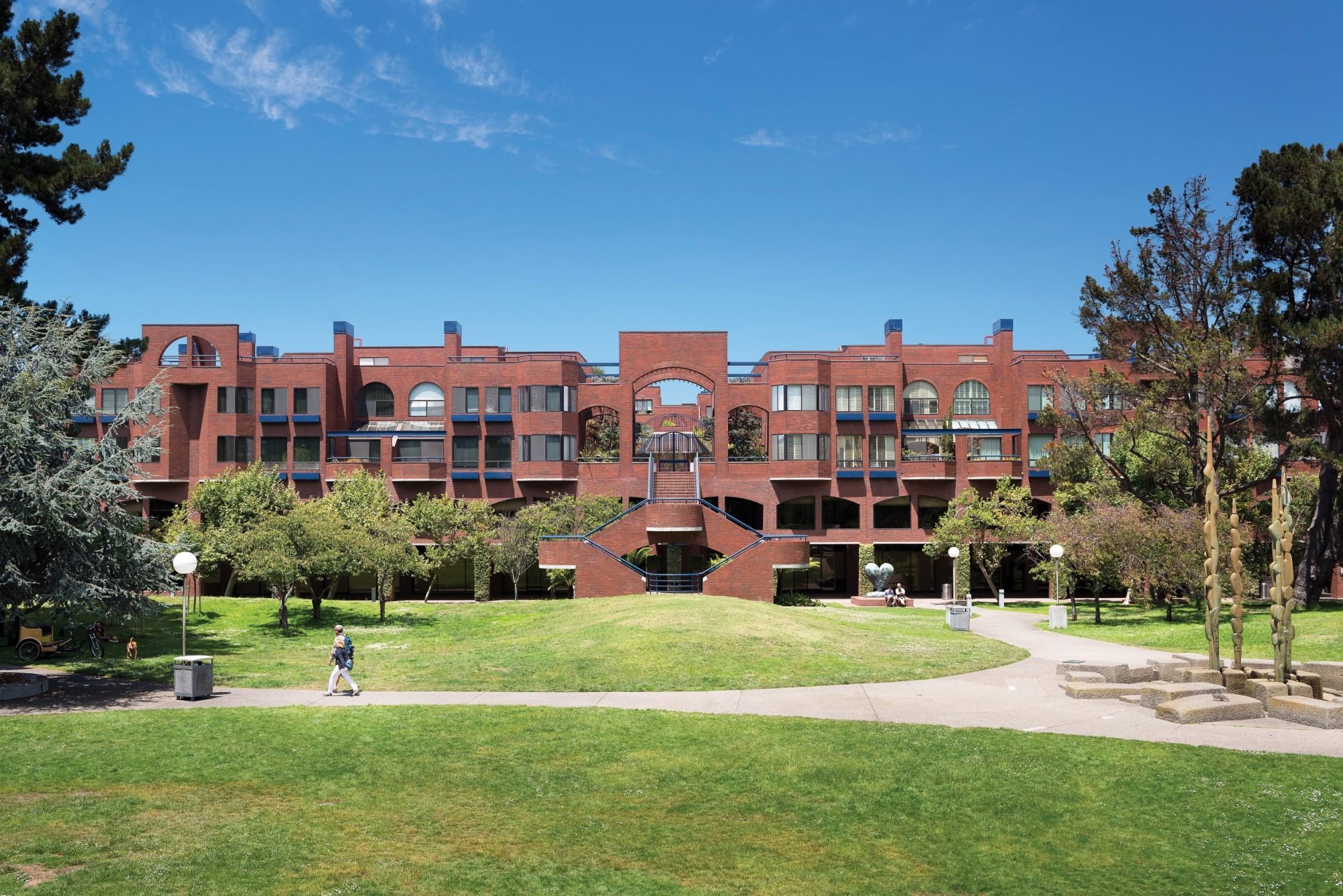
Exclusive | Hong Kong’s Gaw Capital bets on ‘China plus one’ opportunities in Vietnam and Mexico, AI-boom driven US office market growth to offset mainland woes
- Firm to invest in countries that are the biggest beneficiaries of ‘China plus one’ strategy, founder Goodwin Gaw says
- There will be a big wave of office demand from AI companies in the US
Gaw Capital Partners, one of Hong Kong’s biggest real estate private-fund management firms, is focusing on logistics in Vietnam and Mexico, as well as the artificial intelligence (AI) sector bailing out distressed office assets in the United States, amid challenges to an economic recovery in mainland China.
The US-China trade tensions could continue to be an issue for the next 10 to 15 years, said Goodwin Gaw, the firm’s founder and managing principal. “I want to invest in countries that are the biggest beneficiaries of ‘China plus one’ [strategy],” Gaw said.
China plus one seeks diversification for manufacturers by reducing reliance on the mainland as a production base. The world’s second-largest economy is also the largest manufacturer globally, with the most extensive supply chains.
Vietnam, India and Mexico are seen as countries most likely to capture business from China.
“Vietnam and Mexico are easier as these two countries welcome [Chinese firms] setting up production facilities,” Gaw said. “But India doesn’t like domestic investment from China.
“The biggest beneficiaries will be those who allow Chinese factories to open up and hire local labour to produce the same goods for foreign clients.”
Peak distress: Hong Kong luxury property owners turn to pricey private loans
The latest investment strategy at Gaw Capital comes amid a sputtering economic recovery in mainland China.
The country’s office market has been tough, Gaw said, with vacancy rates rising to 80 per cent in some cases and rents continuing to underperform because of budget cuts at companies. Data centres are also under pressure from a combination of low demand due to a slowing economy, as well as disruption in the supply of chips, Gaw added.
China’s office sector will remain a tenants’ market in 2024, forcing landlords pressured by an economic downturn and new supplies to continue lowering rents through the year to spur demand, according to JLL China.
Gaw Capital turns to Hongkongers to sell flats near Foshan-West Kowloon line
The economic situation in China will have an impact on Hong Kong, as the city remains a financial gateway to the mainland and relies on its economy. “If mainland China’s economy does not stabilise, there will be no stimulus for Hong Kong to improve its economy,” Gaw said.
The company will invest in the logistics sector in Vietnam and Mexico, with its team in California covering strategies for the latter.
Gaw Capital, which has raised US$22.3 billion in equity since 2005, has invested in four million square metres of logistics space across all countries. Its investments span the entire spectrum of the real estate market, including residential developments, offices, malls, serviced apartments, hotels and logistics warehouses. It had US$33.7 billion in assets under management as of the third quarter of 2023.
Gaw Capital eyes more Japan property deals amid TSMC expansion
In the US, Gaw Capital is eyeing the distressed office market as an investment strategy and is betting on AI development in the next 10 years.
The prices of US offices have fallen sharply due to high interest rates and elevated vacancies since the coronavirus pandemic. “The office asset class has dropped the most,” Gaw said. “For example, in San Francisco, we bought a property at a price that was only a third of what it was in 2019.”
Gaw Capital closed a deal for a 293,347 sq ft office project in San Francisco’s Embarcadero Square at the end of last year.

Meanwhile, AI is going to change the way people work, it will increase productivity and change many sectors, including offices, Gaw said. AI firms will start their businesses in mainly three places: San Francisco, Seattle and Cambridge in Massachusetts.
There will be a big wave of office demand from these AI companies. “If you buy at the right price, hold it for five years without debt stress, there’s a big upside to be captured,” Gaw said.
There is a nine-month window for buying distressed office assets at reasonable discounts in major cities for technology, such as Seattle, San Francisco and, to a certain extent, New York, Gaw said.
“The [US] office market is definitely not bottoming out [yet],” he said. “Leasing is still weak, interest rates are still high and banks are not willing to lend. But because it’s not yet bottomed out, we are able to purchase these [distressed assets].”
Gaw said he did not see an interest-rate cut any time soon. “They don’t have such pressure,” he said. “The US economy is very strong. The S&P, stocks and company earnings – they don’t have pressure for a hard landing.
“If there is no hard landing, why will the Federal Reserve cut rates.”
The Fed could cut rates by 25 percentage points in June, and by 50 to 75 percentage points by the end of the year, totalling a 1 per cent reduction this year, Gaw said.

